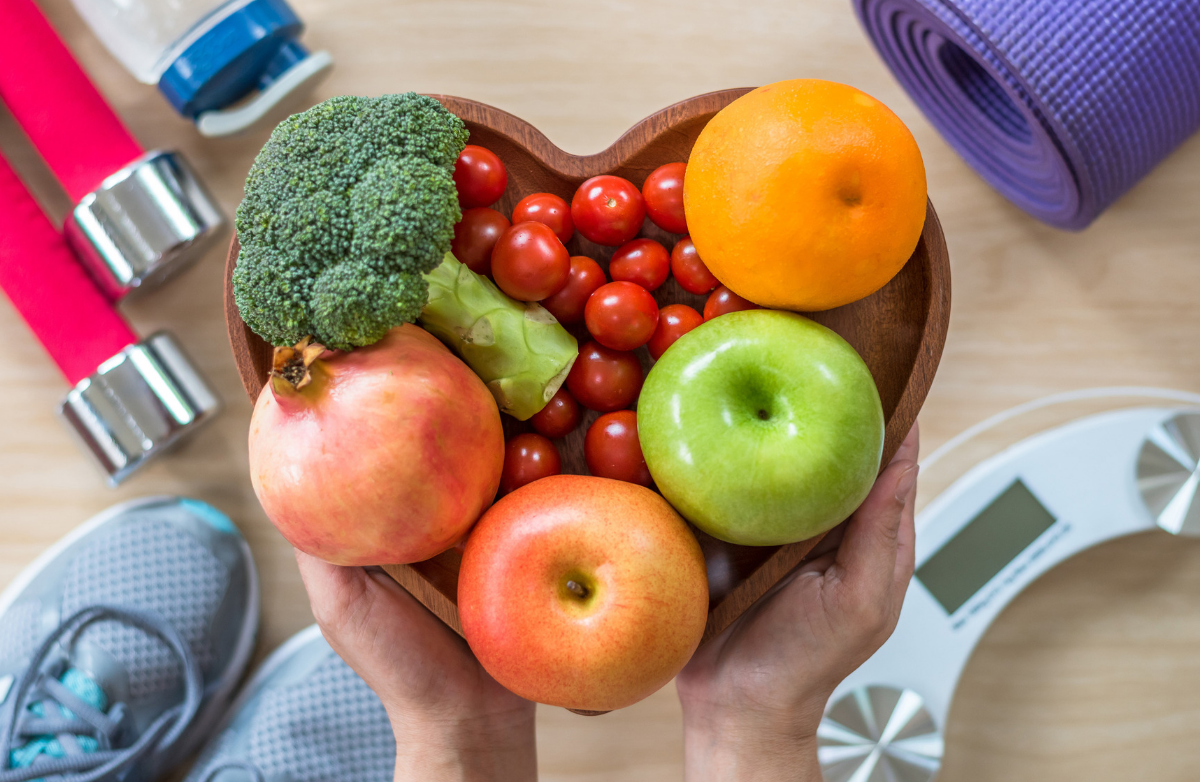|
Agave syrup has become a popular natural sweetener especially by vegans as a honey alternative. More and more people are becoming drawn to it because of the claims that it is "diabetic friendly" because of the low glycemic impact. Here is some information that may help you see beyond the marketing hype as we debunk the agave myth. Sugars from table sugar to honey contain a combination of fructose and glucose. Table sugar is 50 percent glucose and 50 percent fructose while HFCS (High Fructose Corn Syrup) is 55 percent fructose and 45 percent glucose. When it comes to agave nectar, it is 90 percent fructose. The Blue Agave is found in the volcanic soils of Southern Mexico and is widely used to make tequila. To make agave nectar, the Blue Agave plant grows for 7 – 10 years and then sap, with its high carbohydrate content, is extracted from the core of the plant. The sap is filtered and heated at low temperatures to break down the carbohydrates into sugars, which results in a product that is approximately 90 percent fructose. The high fructose content is where the problems come in if we are consuming too much of this "natural" sweetener. Both glucose and fructose have the same chemical formula (C6H12O6) but the atoms in fructose are arranged slightly differently. This slight difference requires the liver to convert fructose to glucose if it is going to be used as energy. Because glucose and fructose are metabolized differently, fructose isn't converted unless it is needed for energy so in many cases the body ends up converting the fructose to body fat. When high levels of synthesized fructose are consumed it creates not only an increased risk of weight gain but also that the weight gained will be around the abdominal area. There is also a correlation with increases in blood triglyceride levels, heart disease, and insulin resistance. Another caution for pregnant women who consume large amounts of agave nectar is the presence of saponins. This steroid derivative has been linked to diarrhea and vomiting as well as some cases of miscarriage so it is important for pregnant women to limit intake of agave nectar. The Bottom Line Agave nectar provides a lower glycemic sweetener option that is suitable for vegans. Since agave is a highly concentrated sugar whether more "natural" or not, it should only be consumed in moderation. Do you use agave nectar instead of honey or other sweeteners? Were you aware of its high fructose content and the health concerns it carries? Photo Source: Flickr.com/photos/elanaspantry (CC BY-NC-ND 2.0) |
More From SparkPeople
|








.jpg)








.jpg)



